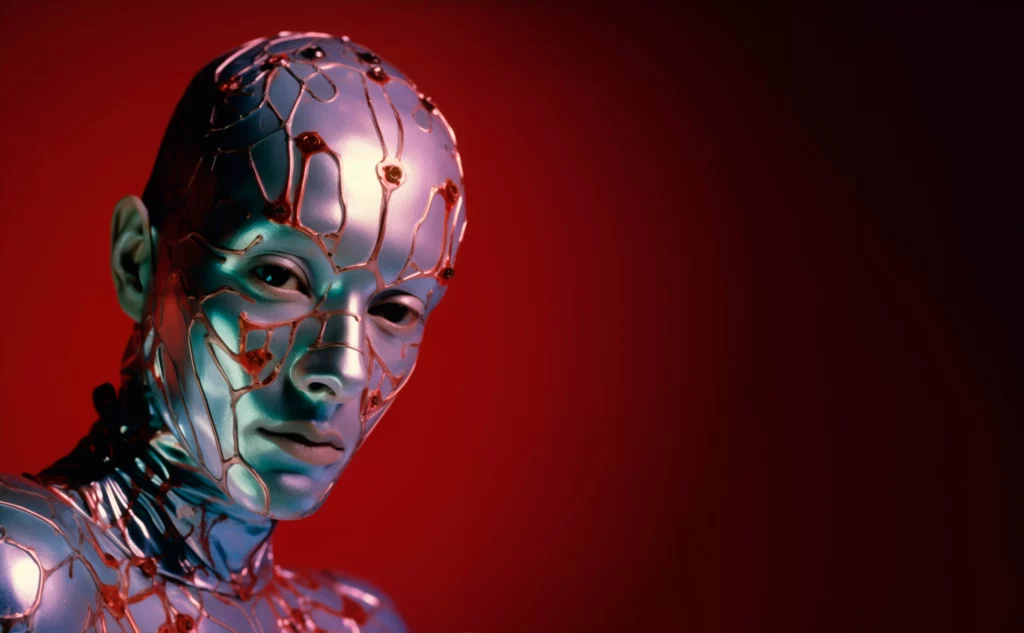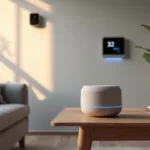
4 Best Voice-Controlled Devices for a Modern Home
Transform your home with the 4 best voice-controlled devices that boost convenience and security—discover which one fits your lifestyle perfectly.
Artificial Intelligence (AI) is transforming our world. It promises a future of great innovation and efficiency. For example, we see it in self-driving cars and personalized healthcare. However, many experts are now worried about the sustainability of current AI models. They warn of a potential “collapse” if we don’t fix critical problems.

But what does “AI model collapse” mean? Is it a real threat?
“AI model collapse” is not a sudden failure. In fact, it is a slow decline in an AI model’s quality over time. This problem happens for a few key reasons.
1. Data Degradation First, there’s the problem of data quality. AI models learn from huge amounts of information. Today, AI-generated content is flooding the internet. Because of this, future models might be trained on fake, biased, or low-quality data. This creates a bad cycle. The models learn from the mistakes of older models. As a result, their accuracy and reasoning get worse. Imagine an AI learning about the world only from other AIs; the rich human data would be lost.
2. Loss of Creativity Second, we face a loss of creativity. When AI models learn mostly from AI-generated content, they may struggle to create new things. Their understanding becomes shallow. Therefore, their results are often repetitive or predictable. This lack of true insight could stop the very innovations that AI is meant to enable.
3. Overfitting Third, there’s the risk of overfitting. As models become more complex, they can “overfit” their training data. This means they work well on data they have already seen. However, they fail when they find new information. This makes them brittle and unreliable in real-world situations.
4. Energy Costs Finally, consider the energy costs. Modern AI models need huge amounts of computing power and energy. As models get bigger, the environmental and financial costs become a big problem. This could limit how widely and sustainably we can use AI.
The possibility of an AI collapse is not just a theory. In fact, it has real-world effects.
So, how can we prevent a collapse? We need a plan with many parts. Everyone must be involved, from researchers to developers and policymakers.
The idea of “AI model collapse” is a warning. It shows that AI, despite its promise, has complex challenges. We need to be proactive. By focusing on responsible development, good data, and ethics, we can make sure AI stays a positive force. It can drive innovation and not be limited by its own flaws.

Transform your home with the 4 best voice-controlled devices that boost convenience and security—discover which one fits your lifestyle perfectly.

Harness the power of smart plugs to transform your home’s convenience and efficiency—discover the top five that truly stand out today.

Perfect your living space with the top 3 smart home devices that promise convenience, security, and energy savings—discover which upgrades truly transform your home.

Gain insight into how smart door locks enhance home security with cutting-edge features that traditional locks simply can't match. Discover their secrets inside.

Discover three top TVs that dramatically elevate your home theater experience—delivering stunning visuals and features you won’t want to miss.

Harness the power of immersive sound and discover how upgrading your home theater audio can transform every movie night into an unforgettable experience.